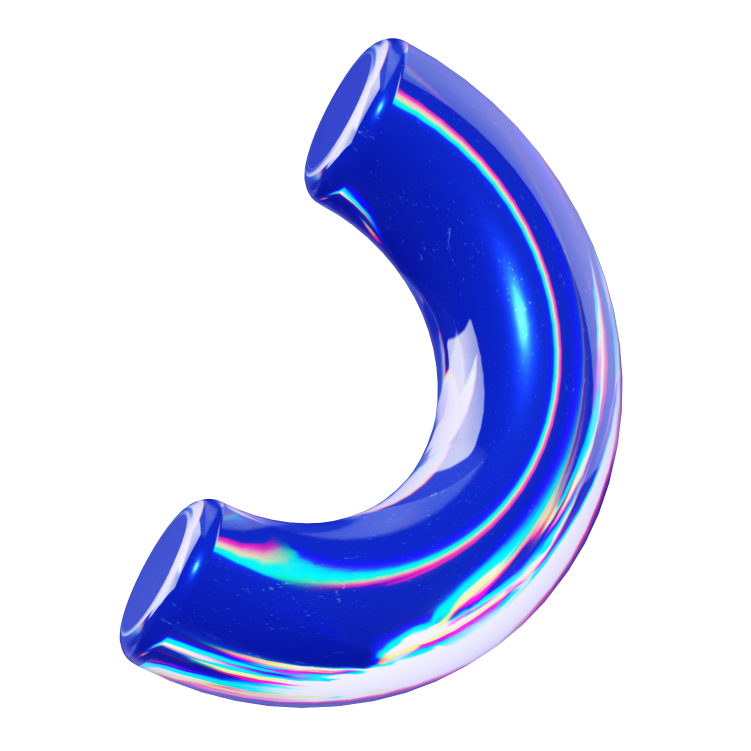AIRBiocideRevolutionizing
The first-to-market comprehensive platform that transforms chaotic, manual and long BPR compliance processes into streamlined and automated workflows. Built by regulatory experts for regulatory experts.
0%
Time Saved
Eliminate manual coordination
0%
Cost Reduction
Competitive pricing advantage
0%
Faster Delivery
Enhanced time-to-market
The Biocidal ProductCompliance Challenge
Companies across Europe are drowning in manual processes, scattered documents, and endless coordination headaches. The current state of biocidal product regulatory compliance is unsustainable, expensive, and risky.
Our Platform
A complete suite of tools designed to streamline every aspect of biocidal product regulatory compliance.
AIRProduct
Intelligent Data Organization
Comprehensive lifecycle management for biocidal products with smart data categorization. Manage all your product data in one centralized platform.
Expert Team
Our diverse team of regulatory experts, IT technical leaders, and business specialists work together to lead the revolution on regulatory compliance of the biocides through cutting-edge technology.

Samir LEMAITRE
Senior developer specializing in regulatory software solutions and system integration
LinkedIn
Rafik BENALIA
Technical leader driving innovation in cloud architecture and platform development
LinkedIn
Dr. Djamil AZAZNA
Senior regulatory expert with extensive experience in chemical regulations through positions in the French competent authorities, the consultancy and the chemical industry
LinkedIn
Nadia AMOKRANE
Sales specialist focused on regulatory software solutions and client success
LinkedIn
Grace MHANNA
Relationship manager driving business development and strategic partnerships
LinkedIn


